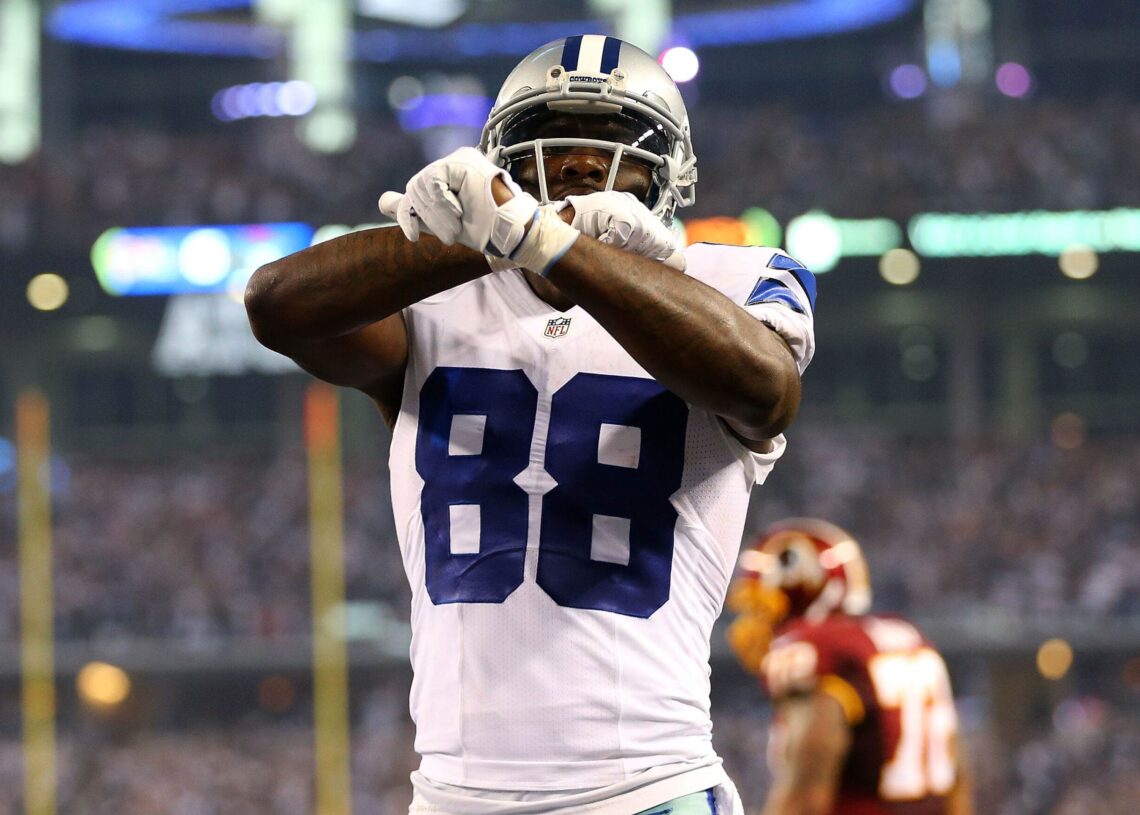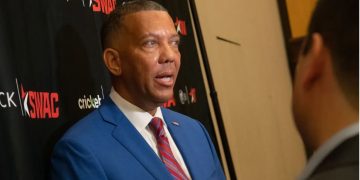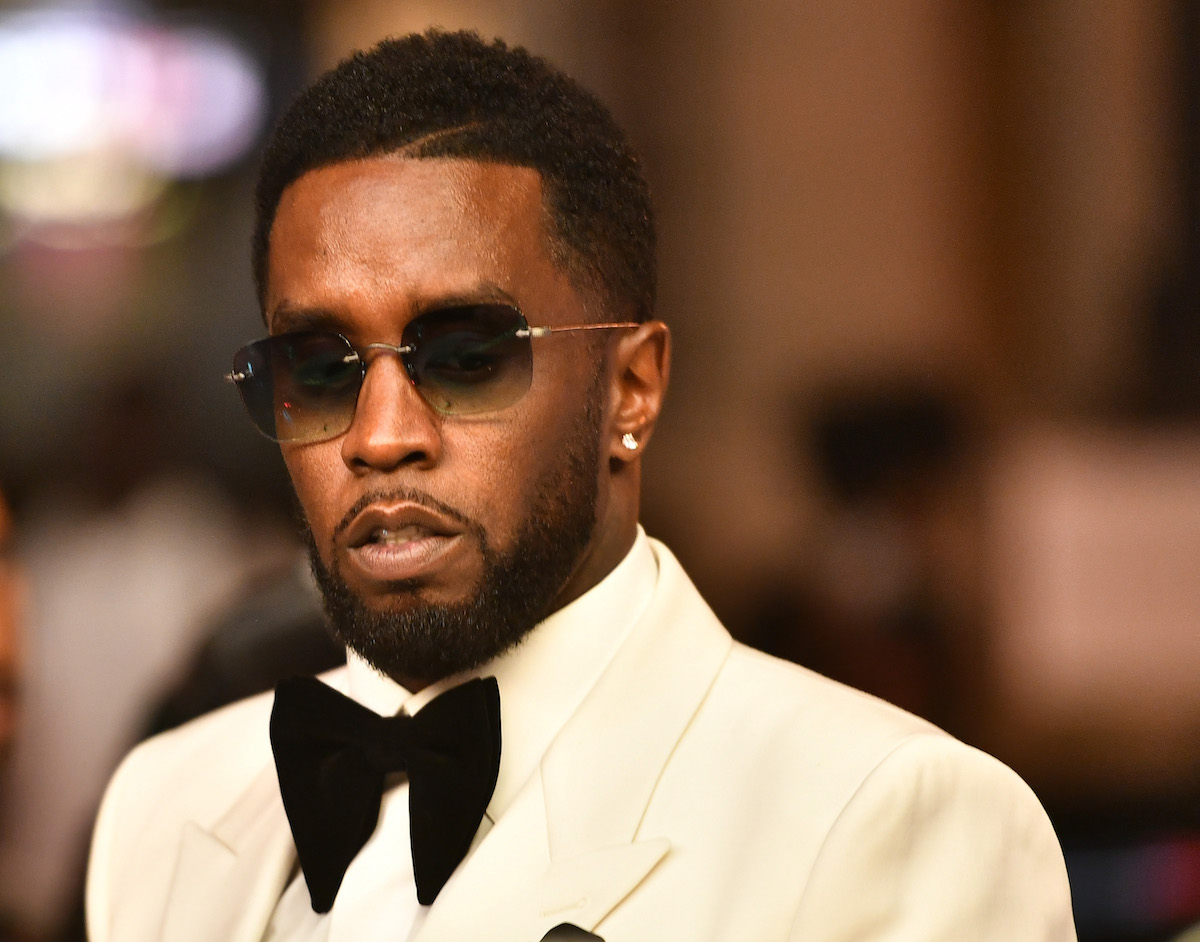Early on in my sports writing career, I traveled with the Delaware State University sports information department to College Park, Maryland for a non-conference basketball game between the defending MEAC champion Hornets and the Maryland Terps.
That Maryland team wasn’t anything special (they ended up losing in the first round of the NIT to Manhattan), but the game wasn’t the eye-opener for me.
As we walked around College Park, I couldn’t help but be amazed at the size of just about every university building, including what was then known as Byrd Stadium, which is where the football team plays.
I went over the big turtle that the players would touch before the game, looked as far as the eye could see, and said out loud to no one in particular, “[DSU]’s president must be smoking that white instead of that green if he thinks they’re ready for this.”
This of course was over 17 years ago, so a lot has changed for the Terps since then, not so much for DSU or most HBCU athletic programs for that matter. Still, there exists an echo chamber of alleged supporters and devoted alumni who seem more apt to complain about the circumstances rather than take steps toward changing them.
The old saying “the squeaky wheel gets the grease” doesn’t apply here because so many folks on social media are squeaking at people who don’t have the grease.
The political powers that be (or would rather not be) are where the energy should be directed – not the athletes playing and not the coaches/admins trying to feed 5,000 people with five loaves of bread and two fish.
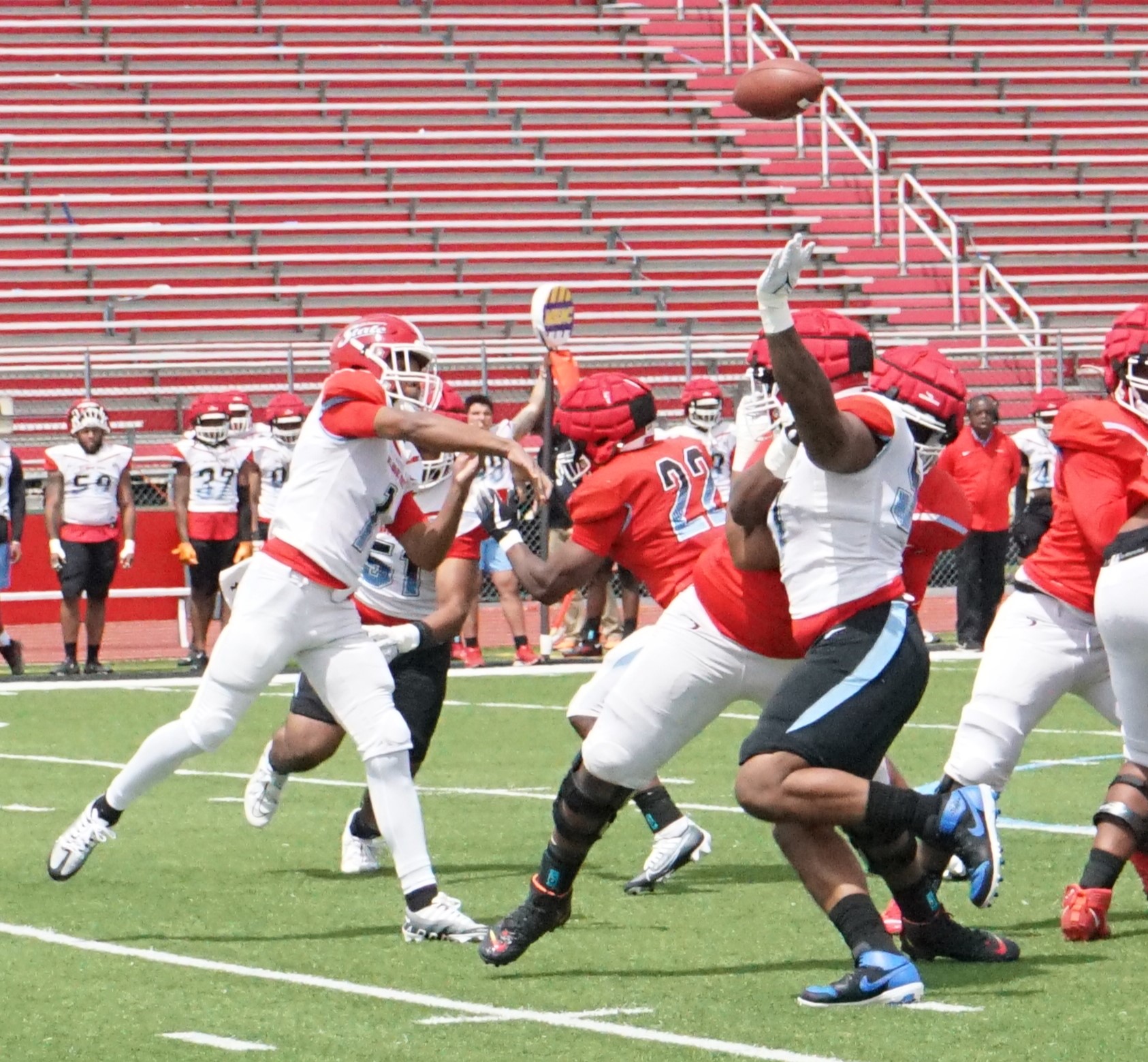
HBCUs have been woefully and intentionally underfunded for years. Tennessee State University was owed upwards of half-billion dollars in funding from the Tennessee government and as we speak.
I can remember a time when the University of Delaware received upwards of $100 million in state funding, while Delaware State was given roughly a quarter of that money. If you think $75-80 million doesn’t make a difference in running an institution of higher learning, you’re sadly mistaken.
When you don’t have the resources, it’s hard to function, especially in today’s college sports landscape where kids can FINALLY make money off their own names and faces after being denied the right for as long as college sports have existed.
While HBCUs could wait around for a mythical change of heart from government entities to fund them with the same fervor as they fund PWIs, it would be much easier to expend resources and energy to donating various forms of support to the schools, staying true to the mission of building ourselves up as our schools did in the early years.
This certainly applies to athletics, and you can look no further than North Carolina A&T as the model NCAA Division 1 HBCU. A&T has the branding and the backing to make power moves such as jumping from the MEAC to the Big South the Colonial Athletic Association and not put the health and welfare of their school in danger.
Instead of lamenting the loss of unity among HBCU conferences (which means it’s time for a hot take: the MEAC as it began 52 years ago was never meant to last that long anyway), every school should be figuring out the best fit for their athletic programs while upholding HBCU tradition. It can be done. Who wants to actually do the work? That’s the 64 (and then some) million-dollar question.
Lastly, the complaining is bad enough coming from our own alumni and community. But when you complain about something loud enough and long enough, it’s a guarantee someone far removed from the situation will add their unsolicited and unprofitable two cents.
The latest in a line of “What y’all need to do” comes from former Dallas Cowboys receiver Dez Bryant, who made the obnoxious and absurd suggestion that HBCUs move up to Power 5 conferences to have their athletes seen for the NFL Draft.
Someone should tell Dez that schools with barely million-dollar endowments literally cannot compete in a billion-dollar industry, but he’s too busy trying to convince folks that he caught that pass some eight years ago.
People far removed or who were never part of HBCU culture are far too comfortable commenting on the plight our schools and athletic programs face.
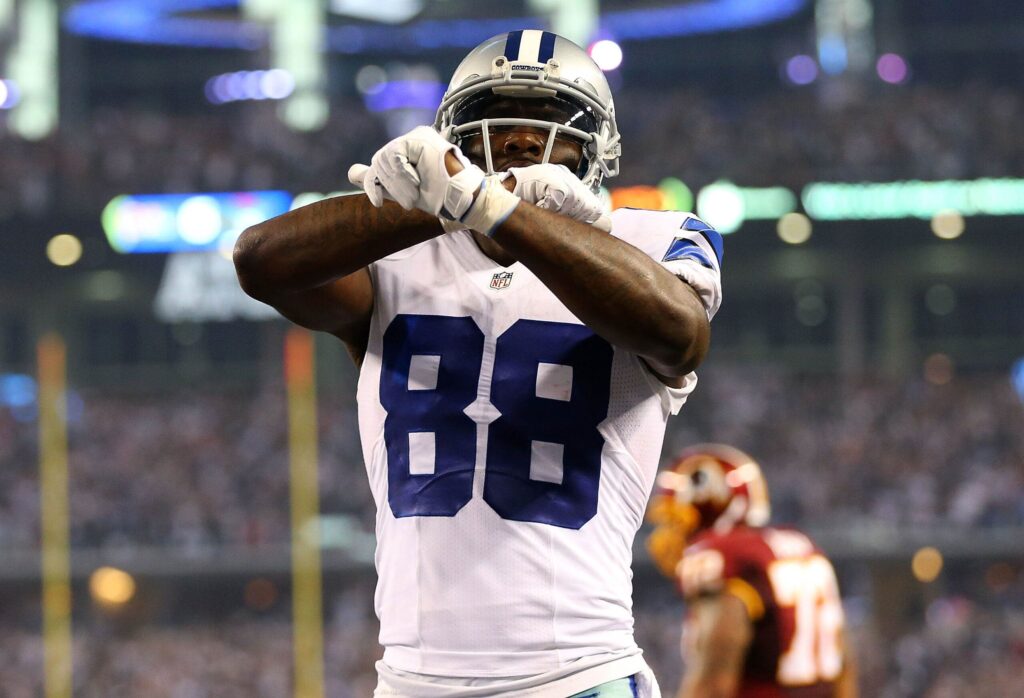
That’s largely the fault of the culture and the community because while it’s okay to be upset that ticket prices have gone up or the football team hasn’t had a winning record in three recruiting classes, doing nothing to solve the problems just makes a bigger mess to clean over time.
Some things you keep in-house as a family matter. When the family feuds, it only leads to more problems and more unsolicited suggestions from people who don’t have a clue about the history, tradition, and current plight of HBCUs.


